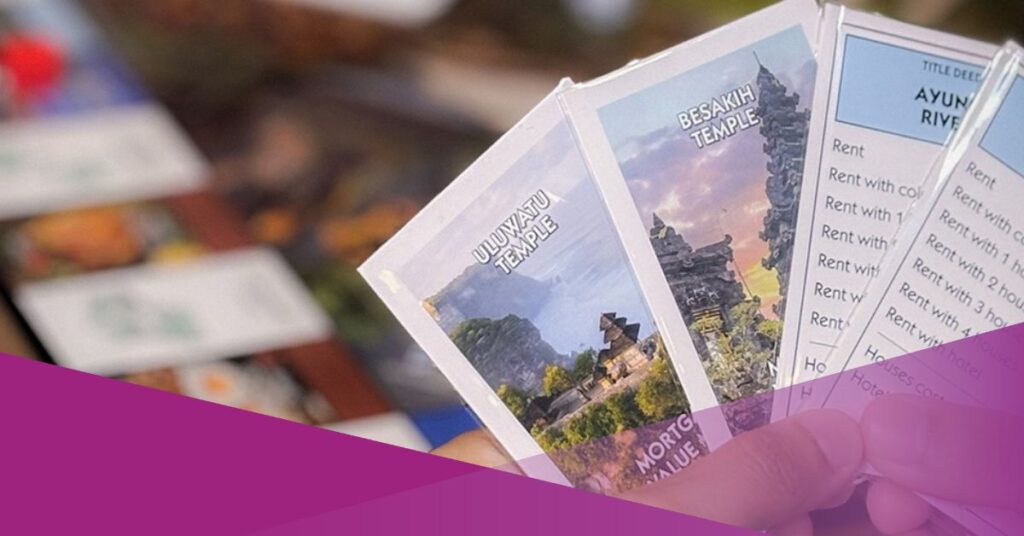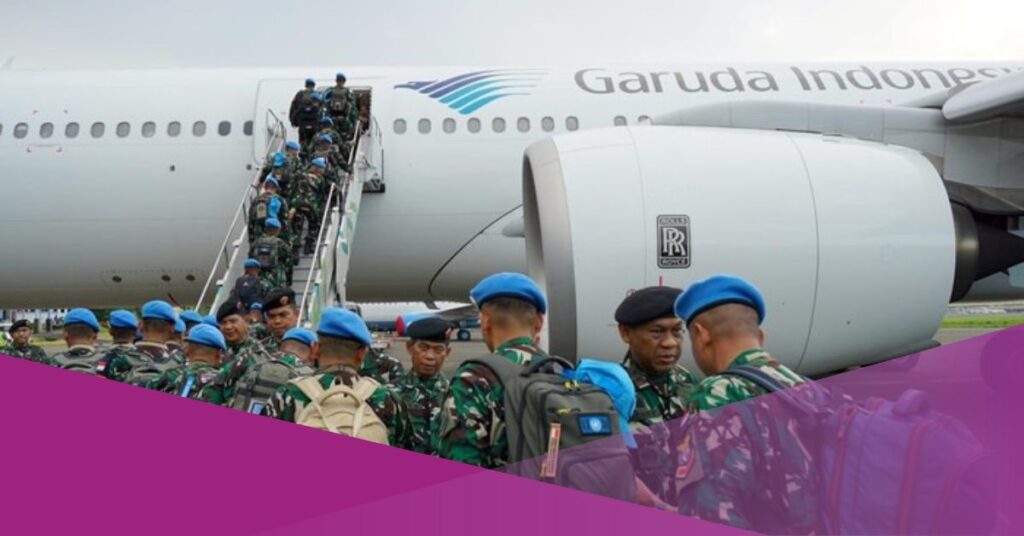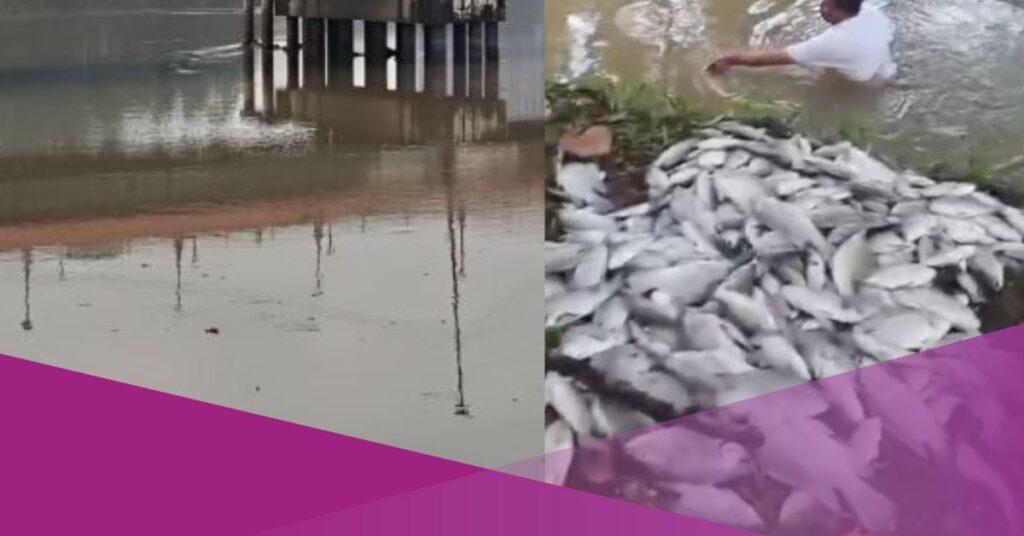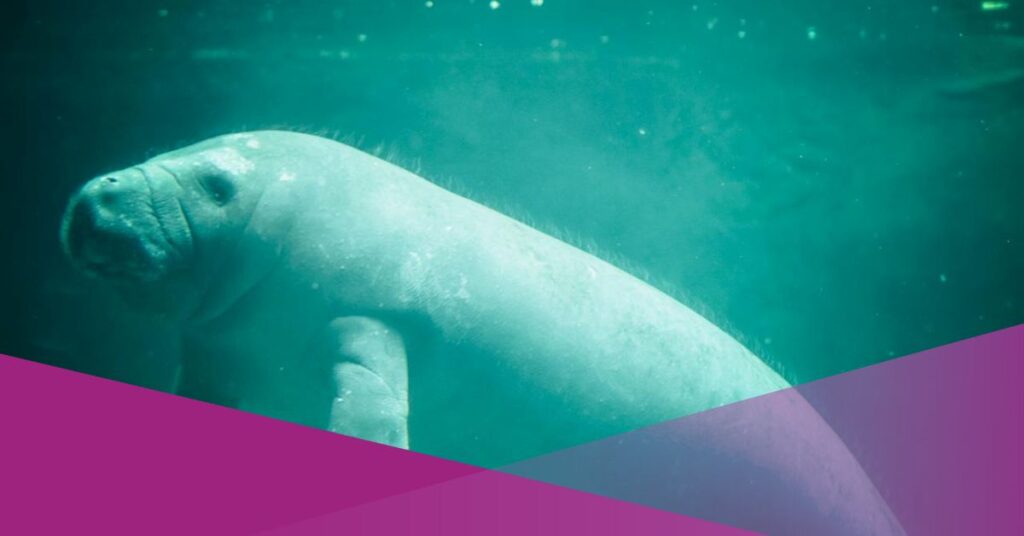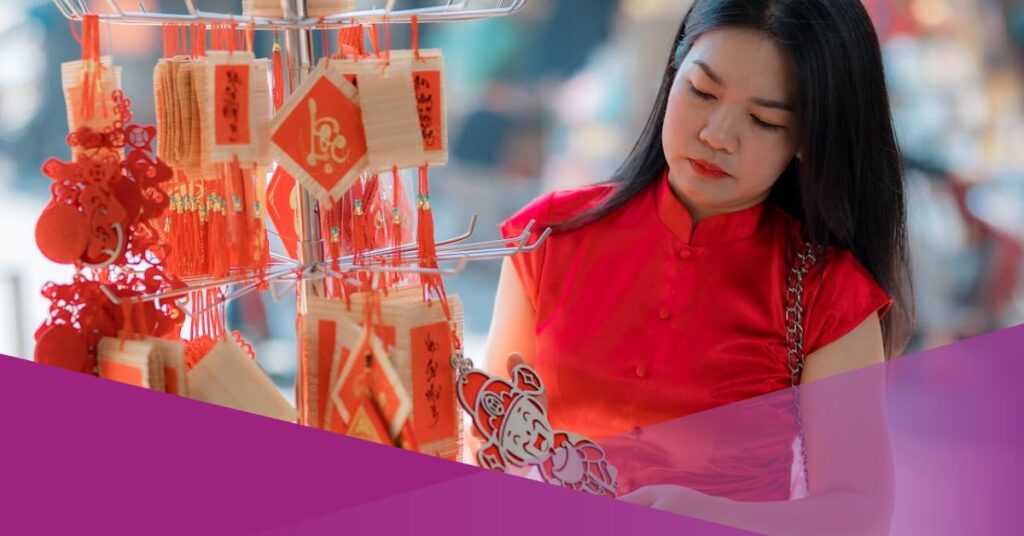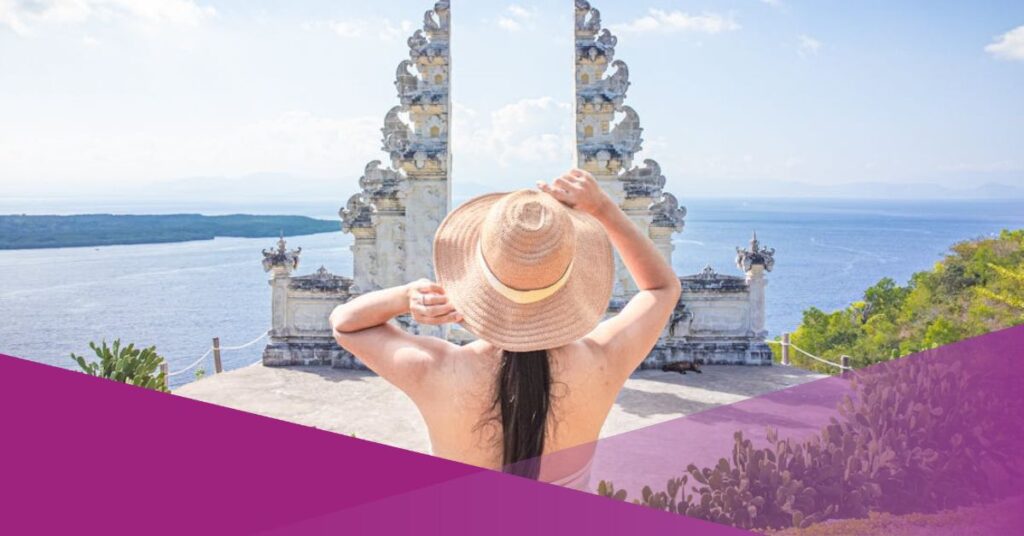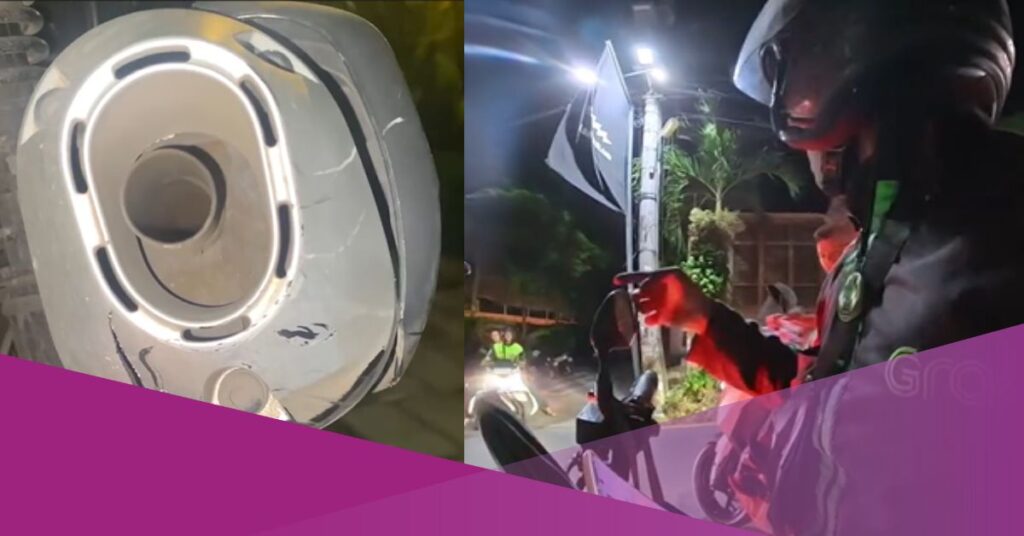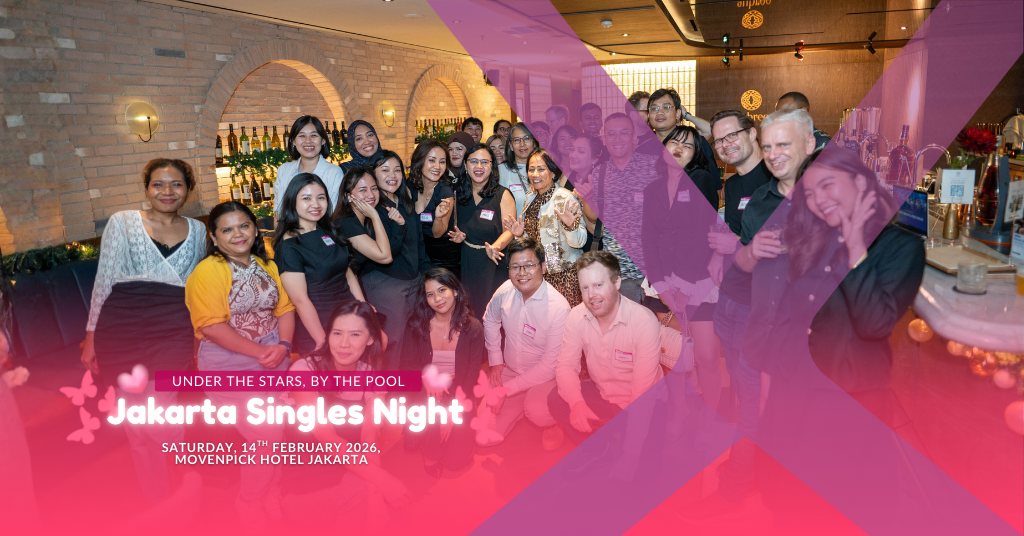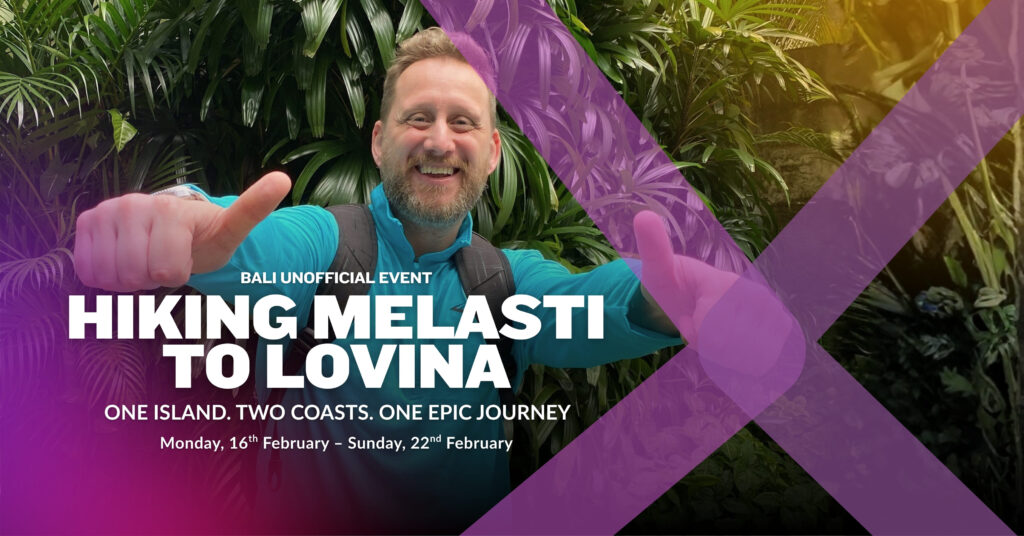A special Bali edition of the world-renowned Monopoly board game has been officially launched in Ubud Village, Gianyar Regency.
The launch, initiated by the Ministry of Tourism and Creative Economy (Kemenparekraf), is part of a wider effort to promote culture-based and sustainable tourism on the Island of the Gods.
This initiative introduces players to Bali’s well-known tourist destinations while encouraging awareness of environmental protection and cultural preservation.
According to Deputy Minister for Marketing at the Ministry of Tourism, Ni Made Ayu Marthini, the game has been carefully curated to reflect the values and realities of tourism in Bali.
“In this edition, players are not only collecting properties but they are also required to pay restoration fees or participate in beach cleaning if they draw certain cards,” she explained.
Lihat postingan ini di Instagram
Sebuah kiriman dibagikan oleh Kementerian Pariwisata (@kemenpar.ri)
For instance, players who receive a general card must pay a restoration fee of IDR 100 million, while social service cards may require players to take part in beach clean-up activities.
Since its original release in the early 20th century, Monopoly has become one of the most iconic board games globally, with numerous versions adapted to reflect cities, countries, and themes around the world.
The game, owned by Hasbro, allows players to engage in property trading while navigating taxes, rent, and chance cards. Its accessibility and blend of strategy and chance have made it a staple in households for decades.
The Bali edition follows this tradition, offering a localised experience that aligns with the island’s tourism goals. Featured locations include the Ayung River, Tirta Empul, Tirta Gangga, Mount Batur, Subak Jatiluwih, and several beach clubs. The game also incorporates culinary stops such as nasi goreng and ayam betutu to reflect Bali’s rich food culture.
Monopoly Bali: An Inclusive Representation of Bali’s Tourism
The development process for the Bali edition took approximately 1.5 years. Kemenparekraf provided input on destination selection to ensure that attractions across the northern, southern, western, and eastern regions of the island were represented.
This inclusive approach aims to promote broader tourism distribution and reduce overcrowding in certain areas.
“We didn’t want to highlight only one part of Bali. Our goal is to help visitors learn about the entire island,” Marthini said, as reported by Kumparan.
She also clarified that the government did not allocate a budget for this collaboration. “The cooperation was mutually beneficial. The government gains promotional exposure worldwide, while the company benefits from increased sales,” she added.
Raising Awareness Through Play
Through repeated gameplay, the Ministry hopes that players—children and adults alike—will become more familiar with Bali’s geography and cultural heritage.
“By repeatedly playing the game, people will come to recognise locations like the Ayung River and the Subak system, and be encouraged to visit in person,” said Marthini.
The edition of Monopoly Bali stands as a creative and educational tool aimed at sustaining Bali’s tourism while preserving its cultural and natural assets.
